The Dawn of the Nobel Era: A Celebration of Human Achievement
Written on
The Emergence of the Nobel Prizes
In the late 19th century, a remarkable chapter in human history unfolded, highlighting the relentless pursuit of knowledge and progress. This significant event took place in 1901 with the inaugural Nobel Prizes, a milestone that would echo through time.
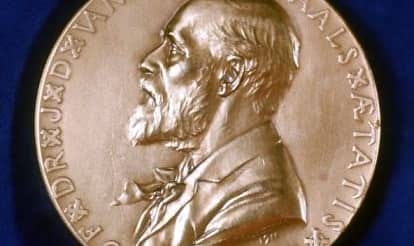
A New Era Begins in Stockholm
Our narrative is set in Stockholm, Sweden, where, on December 10th, 1901, an esteemed assembly of scholars, dignitaries, and visionaries gathered for the first-ever Nobel Prize ceremony. This momentous occasion honored the enduring legacy of Alfred Nobel, the Swedish inventor and philanthropist. It heralded a new age in which remarkable achievements in Physics, Chemistry, Medicine, Literature, and Peace would be acknowledged globally.
The Pioneers of Progress
Let us now meet the five extraordinary individuals whose remarkable contributions captured the world's imagination:
- Wilhelm Conrad Roentgen (Physics): Roentgen's revolutionary discovery of X-rays, a phenomenon capable of penetrating solid objects, transformed the medical field and laid the groundwork for diagnostic radiology.
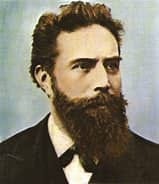
- Jacobus Henricus van ‘t Hoff (Chemistry): Honored for his innovative work in physical chemistry, van ‘t Hoff's theories on chemical dynamics and osmotic pressure significantly advanced our understanding of chemical processes.
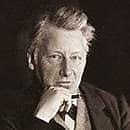
- Emil Adolf von Behring (Medicine): A trailblazer in immunology, von Behring received recognition for his development of serum therapy, a groundbreaking advancement in combating infectious diseases.
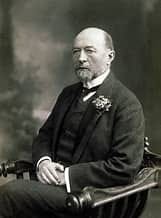
- Sully Prudhomme (Literature): The first laureate in Literature, French poet Sully Prudhomme was celebrated for his profound poetry and insightful reflections on the human experience.
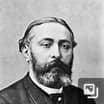
- Henry Dunant and Frédéric Passy (Peace): In a historic decision, the Nobel Peace Prize was jointly awarded to Henry Dunant and Frédéric Passy. Dunant's establishment of the Red Cross and Passy's commitment to peace activism underscored their remarkable contributions to humanity.
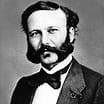
The Enduring Legacy of the Nobel Prizes
The Nobel Prizes serve as more than mere accolades; they are symbols of inspiration for future generations. They illuminate the significance of scientific exploration, literary creativity, and the relentless pursuit of peace in a world often fraught with challenges.
As we conclude our exploration of this historic event, we stand on the threshold of a new era in human achievement. The legacy of the Nobel Prizes, characterized by a dedication to knowledge, altruism, and discovery, serves as a reminder of our limitless potential for exploration and transformation.
The story of the inaugural Nobel Prizes celebrates human excellence, encapsulates the unyielding curiosity that drives us forward, and pays tribute to the resilient spirit of progress and enlightenment that guides humanity toward a promising future.